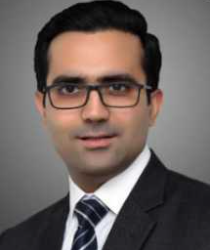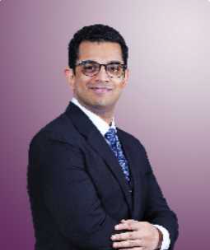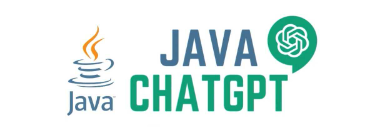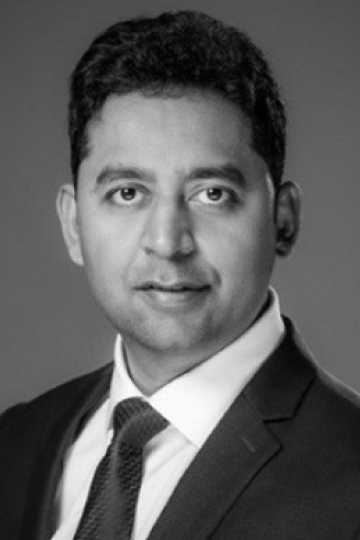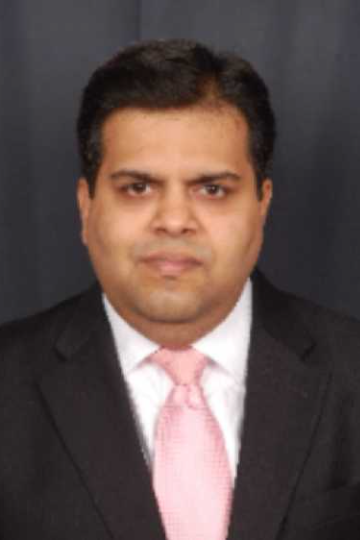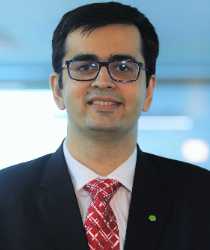Switch to UPS from NPS: 5 questions government employees must ask before opting for Unified Pension Scheme It may seem like switching to UPS from NPS is a lucrative option. However, there are 5 questions a central government employee must ask themselves before making a final decision
Sarika Bhatnagar
Associate Professor, Lakshmibai College, University of Delhi
The introduction of the Unified Pension Scheme (UPS) in August 2024 has created an interesting situation for central government employees. UPS is a hybrid scheme that incorporates the contribution element of the National Pension System (NPS) and assured pension from the Old Pension Scheme (OPS). However, UPS requires a closer evaluation and deeper understanding of the nuances before arriving at an informed decision.Government employees currently under NPS find themselves at a critical juncture as it is imperative for them to decide on the better pension option between NPS and UPS. This article, while not intending to serve as a critique or be laudatory of UPS, aims to encourage government employees to ask themselves the following questions before making a switch to UPS from NPS:
Also Read: How UPS pension, UPS family pension may be calculated
Question 1: On active participation in portfolio management
UPS assures an inflation indexed pension of 50% of the last 12 months' average salary. This was a long pending demand of a big section of government employees covered under NPS. UPS transfers the investment risk from the employee to the employer. NPS, on the other hand, allows government employees to manage their contributions according to their risk profile. This allows them to actively participate in how their money is managed by the fund manager in the NPS scheme.
Question 2: On lower lump sum at retirement in UPS
Under UPS, employees would get a much lower lump-sum amount on retirement as against the General Provident Fund (GPF) in OPS and 60% of the corpus in NPS. Remember, there is no GPF for government employees covered under NPS.
Under UPS, an employee who has been in government service for 35 years will get a meagre 7 months of salary at retirement. This appears to be grossly insufficient. This lump sum will not lower the pension amount under UPS.
On the other hand, OPS used to offer a lump sum from GPF and the option to commute pension . This used to lead to huge lump-sum amounts at the time of retirement. However, the commutation of pension will lower the pension payable to government employees at retirement. Original pension would be restored after 15 years of expiry of commutation.
Under NPS, a government employee can withdraw 60% of their retirement corpus as a lump sum. However, this can lead to lower pensions for government employees at retirement. This is because 40% of the NPS corpus must be mandatorily used to buy an annuity.
Most employees use the lump-sum amount received at retirement to build capital assets or meet unexpected emergencies during the retirement period.
Is the employee prepared to let go of this option? Can government employees tide over the mental block of an assured pension as against the possibility of a higher yield portfolio of NPS?
From a taxation point of view in the present scheme of things - though further clarity is awaited - the lump-sum amounts in OPS and NPS get covered under the EEE regime, whereas there is no clarity regarding the taxation of the lump sum amount to be received under UPS. This can result in lower payout. Employees have to see if they are willing to take this hit.
Question 3: On hike in employee's future contribution
Under UPS, employee and government contributions stand at 10% and 18.5%, respectively. Government contribution would be reassessed every 3 years with effect from April 1, 2025.
Is there a possibility of employee contribution being increased in the future? The government needs to provide clarity on this.
Question 4: On option to switch to UPS in future
Any change in the UPS terms in the future (if introduced by the government) might make the scheme more attractive.
Would employees who would have gone with NPS during the service years be given the option to change to UPS? Is there any time limit for government employees to switch from NPS to UPS? Further, will there be an option to switch from UPS to NPS before retirement?
Question 5: On transparency in UPS funds management
As stated by the government, UPS would be beneficial to more than 99% of government employees. If government employees opt to switch to UPS from NPS, their corpus in NPS will be added to the government kitty. This nationalisation of pension assets would result in a rich dividend for the government.
Would there be transparency in the deployment of this acquired fund?
The government has done its bit by offering UPS as an alternative to NPS. NPS performance is market linked, which means it cannot be stated with certainty. However, empirical data (NPS returns since inception, annuity assumption, etc) does act as a yardstick. For the more conservative employees, UPS in its present form would serve the purpose.
This decision is certainly not an easy one and the situation needs to be looked at from all possible directions. After all, it concerns the income in a person's hands during the non-income generating part of life. It is certainly one of the key decisions for any working individual, so it better be an informed one.
(The article is written by Sarika Bhatnagar, Associate Professor, Lakshmibai College, University of Delhi. Abha Shukla, Professor, Department of Commerce, University of Delhi also contributed to the article.)
(Disclaimer: The opinions expressed in this column are that of the writer. The facts and opinions expressed here do not reflect the views of www.economictimes.com.)
This story originally appeared on: India Times - Author:Faqs of Insurances










